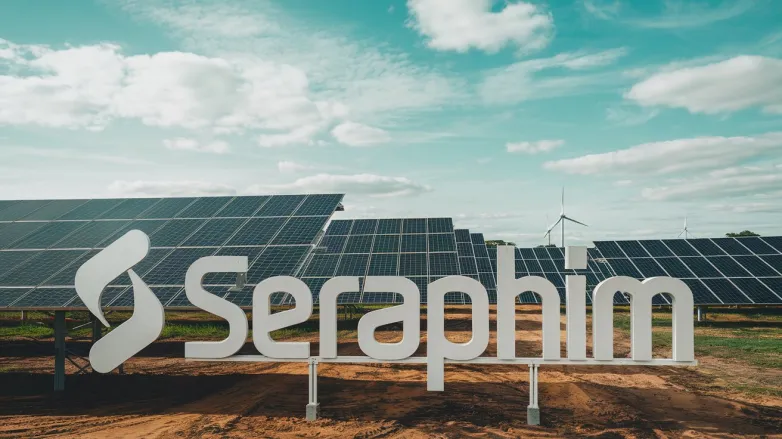Seraphim Secures 300-MW Solar Deal in Brazil
- Seraphim Energy powers up Brazil's solar market with a 300-MW deal, delivering cutting-edge bifacial panels to accelerate energy transition and boost sustainability efforts.

Chinese solar manufacturer Seraphim Energy Group has secured a 300-MW distribution agreement with Brazil's Vertys Energy Group to supply its solar modules. The deal, which involves importing and distributing Seraphim's advanced TOPCon bifacial panels, aims to enhance Brazil's growing solar market. The contract's financial details remain undisclosed, but Seraphim expressed optimism about contributing to the region's energy transition.
Seraphim produces high-efficiency 585W N-TOPCon bifacial modules and 610W rectangular-cell panels, suited for utility-scale and commercial & industrial (C&I) solar projects. The company currently boasts a global production capacity of 13 GW, highlighting its significant presence in the solar energy sector.
How will Seraphim's agreement impact Brazil's solar market and energy transition efforts?
Impact of Seraphim's Agreement on Brazil's Solar Market and Energy Transition Efforts
- Increased Solar Capacity: The 300-MW distribution agreement with Vertys Energy Group represents a substantial addition to Brazil's solar capacity, enabling the country to harness more renewable energy. This growth is essential for meeting Brazil's energy demands sustainably.
- Use of Advanced Technology: By supplying high-efficiency TOPCon bifacial solar panels, Seraphim's agreement is expected to introduce cutting-edge solar technology to Brazil. This could lead to better energy conversion rates and more efficient solar installations, further enhancing solar competitiveness.
- Support for Local Economies: The import and distribution of Seraphim's solar modules could stimulate local job creation in Brazil, particularly in logistical, installation, and maintenance services related to solar energy projects. This job creation could have a ripple effect on local economies.
- Facilitating Utility-Scale Projects: The suitability of Seraphim’s products for utility-scale projects can catalyze larger solar farms in Brazil, which are crucial for addressing significant energy needs and increasing the share of renewable energy in the national grid.
- Alignment with Government Goals: The agreement aligns with Brazil’s National Determined Contributions (NDC) under the Paris Agreement, which aims to increase the share of renewables in the country’s energy matrix. This partnership could support Brazil's climate goals and encourage further investments in renewable technologies.
- Competitive Pricing: The introduction of Seraphim’s advanced solar modules may help to lower the cost of solar energy in Brazil, making it more affordable for consumers and businesses alike. This could boost solar adoption rates among diverse sectors.
- Market Diversification: With Seraphim entering the Brazilian market, there is potential for greater diversification of solar product offerings, which may foster a more competitive landscape that could benefit consumers through better choices and pricing.
- Focus on Sustainability: The emphasis on high-efficiency and environmentally friendly solar technology reflects a broader commitment to sustainability, aligning with global trends towards renewable energy adoption. This can lead to enhanced public support for solar initiatives.
- Boosting Research and Development: Increased collaboration with international partners like Seraphim can stimulate local research and development in solar technology and related fields, fostering innovation and the development of tailored solutions for Brazil's unique solar landscape.
- Strengthening Energy Security: The expansion of the solar market contributes to Brazil's energy security by diversifying its energy sources and reducing dependence on fossil fuels, which aligns with global energy transition trends.
- Potential for Future Collaborations: Successful integration of Seraphim’s technology could pave the way for future partnerships with other international energy firms, attracting further investment into Brazil's renewable energy sector and promoting long-term sustainability goals.
Also read

